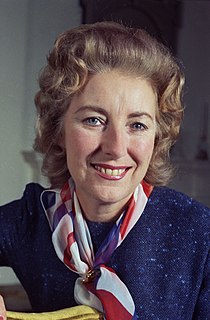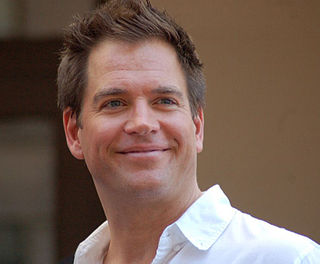A Quote by Vera Lynn
There was so little said about the Burmese war. The Forgotten 14th, they called them.
Related Quotes
"What war?" said the Prime Minister sharply. "No one has said anything to me about a war. I really think I should have been told. I'll be damned," he said defiantly, "if they shall have a war without consulting me. What's a cabinet for, if there's not more mutual confidence than that? What do they want a war for anyway?"
The forgotten men and women of America will be forgotten no longer. That is the heart of this new [Trump] movement and the future of the Republican Party. People came to vote, and these people - the media - they said, where are they coming from? What's going on here? These are hardworking, great, great Americans. These are unbelievable people who have not been treated fairly. Hillary Clinton called them "deplorable". They're not deplorable.
One of the reasons it's important for me to write about war is I really think that the concept of war, the specifics of war, the nature of war, the ethical ambiguities of war, are introduced too late to children. I think they can hear them, understand them, know about them, at a much younger age without being scared to death by the stories.
When war is waged, it is for the purpose of safeguarding or increasing one's capacity to make war. International politics are wholly involved in this vicious cycle. What is called national prestige consists in behaving always in such a way as to demoralize other nations by giving them the impression that, if it comes to war, one would certainly defeat them. What is called national security is an imaginary state of affairs in which one would retain the capacity to make war while depriving all other countries of it.



































